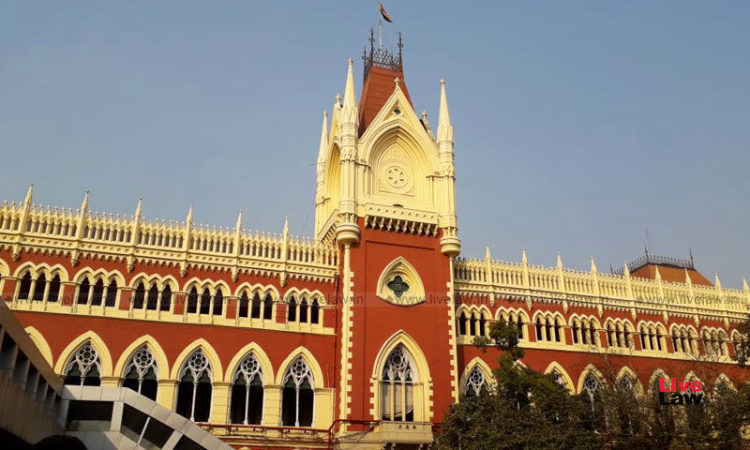Indian Courts Are Not Bound By Foreign Insolvency Judgments From Non-Reciprocating Countries: Calcutta High Court
Rajesh Kumar
29 Jun 2024 10:00 AM IST

Next Story
29 Jun 2024 10:00 AM IST
The Calcutta High Court single judge bench of Justice Shampa Sarkar held that without a comprehensive cross-border insolvency framework, Indian courts do not recognize or enforce moratorium orders from non-reciprocating countries, such as the U.S., and thus are not obligated to stay ongoing suits due to such foreign proceedings. It was held that the Trial Court could consider the...
